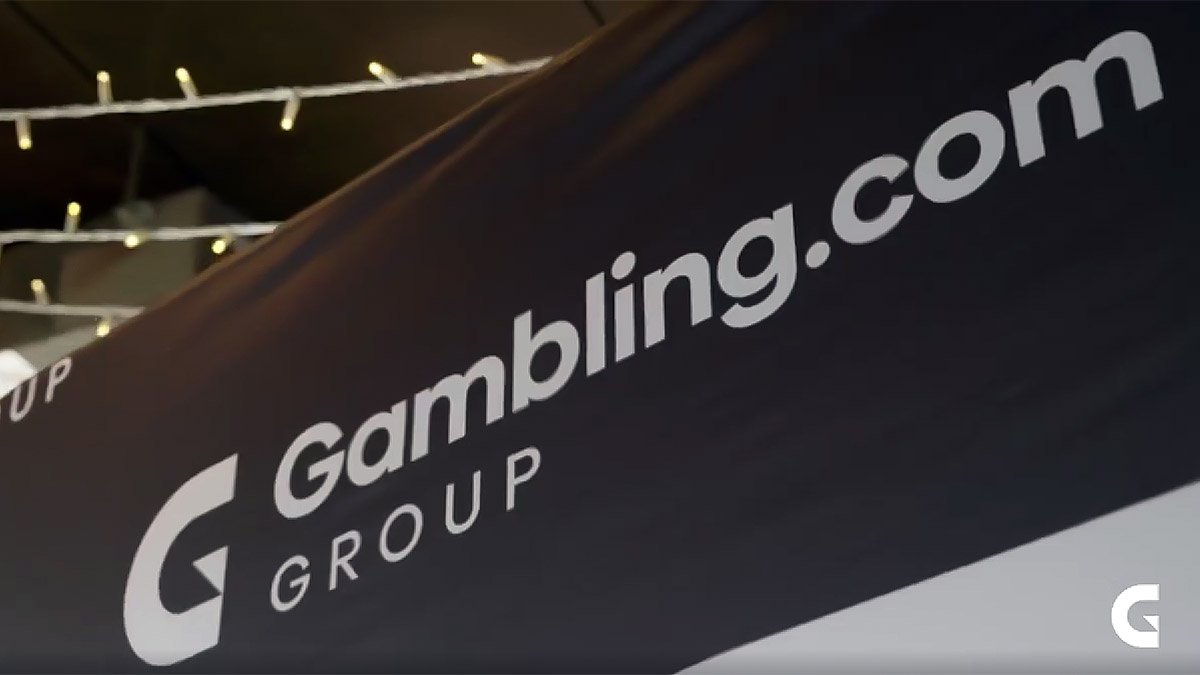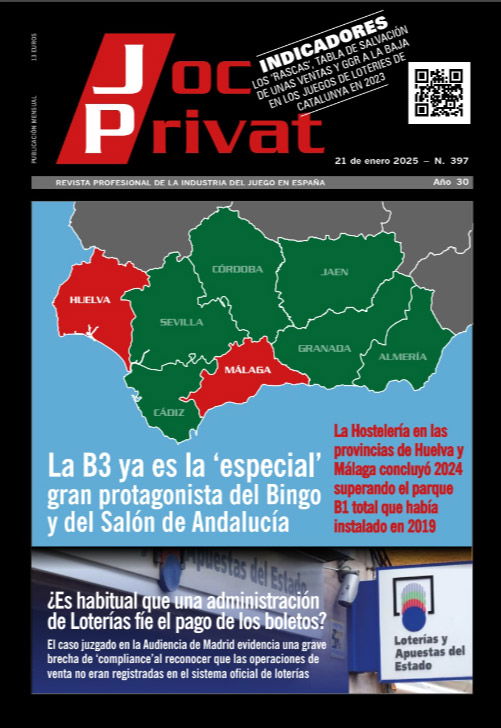Virginia lawmakers debate restoring tax deduction for free sports bet promos

Virginia lawmakers are considering restoring part of the tax deduction for sports betting apps in a proposal that would bring back write-offs for free-bet promotions. The possibility is one the state's gaming industry has been pushing for some time now.
When Virginia stopped allowing sports betting companies to deduct free-bet promotions from their taxable revenue last year, the state saw a significant bump in tax dollars. However, the industry argued policymakers were inhibiting the long-term potential of betting platforms by making it harder to attract new bettors and keep existing ones. Pushback led to legislation being taken up this year that would restore the tax deduction for free-bet promos while capping it at 1.75% of total wagers.
As reported by the Virginia Mercury, lobbyist Bea Gonzalez, who represents a group of sports betting companies called the Virginia Sports Betting Alliance, told lawmakers at a committee hearing in January that they are not asking for all of their promotional deductions back, but for "a portion" of them.
The proposal would retain an existing rule allowing the promotions to be deducted from tax liability during a company’s first 12 months of operation in Virginia, a rule meant to give new licensees the same opportunity to establish themselves that the initial wave of sports betting platforms had.

The legislation passed the state Senate 31-7-1, but it was blocked twice by the House of Delegates Appropriations Committee. However, the same language was included in the budget plan approved by the Senate. Lawmakers are still negotiating a final budget, meaning there’s still a chance the policy change could be included in the final version.
Betting apps use several free-bet bonuses to allure people to gamble on sports, often offering hundreds of dollars worth of bonus bets to new users who make a small initial bet. Many apps use promos and bonuses to encourage gamblers to make riskier parlay bets, promising a refund of sorts if a long-odds wager loses.
Virginia legalized sports betting in 2020, setting a 15% tax rate on adjusted gross revenue. The law initially allowed sports betting companies to deduct any money spent on free-bet promotions from that amount.
“When we first passed the sports betting bill, which I helped write and was very proud of, we had the promotion deduction in order to get players from the illegal market to the current market,” Gonzalez said at the legislative hearing earlier this year, as reported by the aforementioned source.
The Virginia Sports Betting Alliance, which Gonzalez represents, includes US industry giant FanDuel and DraftKings, the top two sports betting platforms operating in Virginia.

The exemption frustrated some lawmakers, who were surprised to learn some companies were paying almost no state gambling taxes. The state budget approved last year included a provision to close what some legislators considered to be a loophole that essentially meant the state was subsidizing industry efforts to promote sports betting.
At a committee hearing this year, Del. Mark Sickles noted that other states have enacted much higher tax rates on sports betting with no deductibility for free-bet promos. The big sports betting companies, Sickles said, “really don’t want to pay their 15%.” After leading last year’s push to end the tax deduction, Sickles has touted the resulting boost to state revenues.
In January of 2022, Virginians wagered a total of $485.5 million through licensed sportsbooks, according to monthly reports from the Virginia Lottery. The $18.2 million in adjusted gross revenues that month produced $2.8 million in tax revenue for the state.
In the same month this year, total wagers amounted to $513.1 million, a 6% increase from 2022. Without the free-bet deduction, that translated to $42.1 million in adjusted gross revenues and about $6.3 million in taxes.
State officials estimated the partial restoration of the tax deduction would cost the state about $12.6 million in annual tax revenue, while noting sports betting revenue overall is running well ahead of projections.

















































